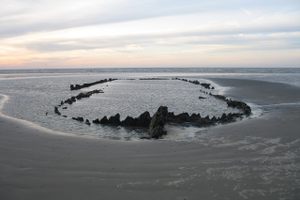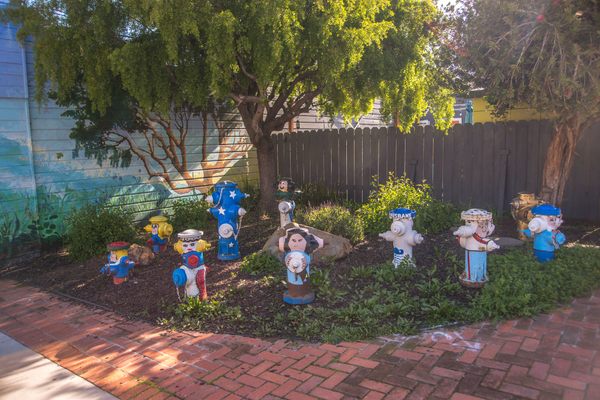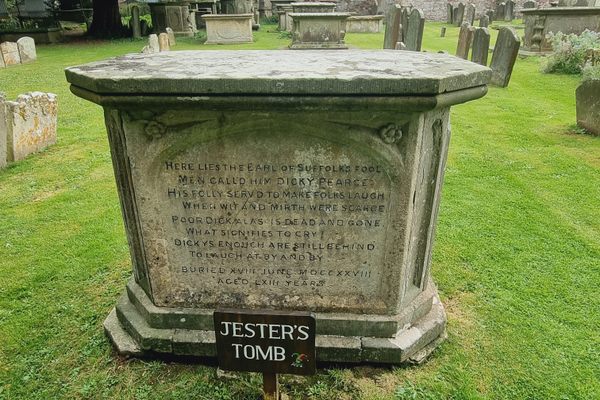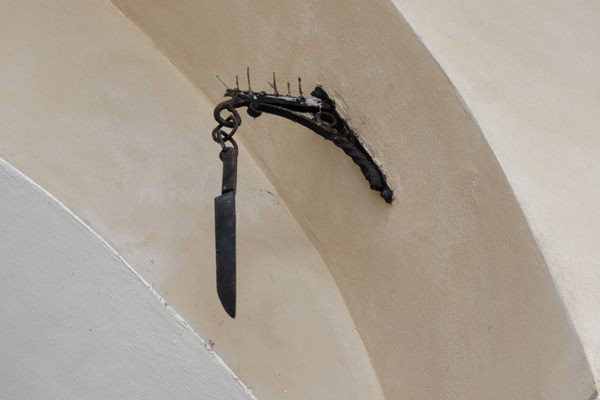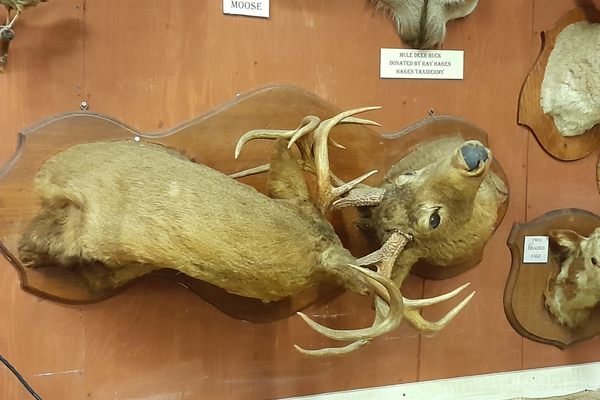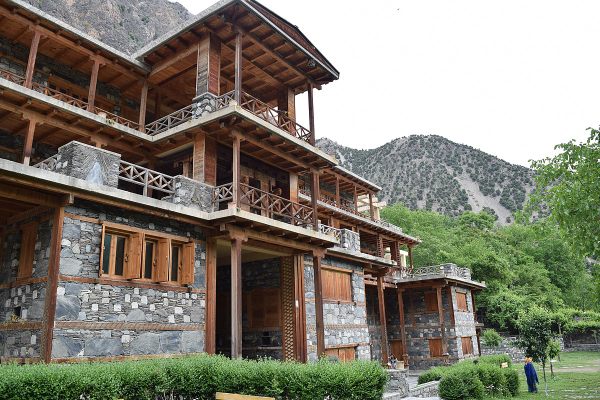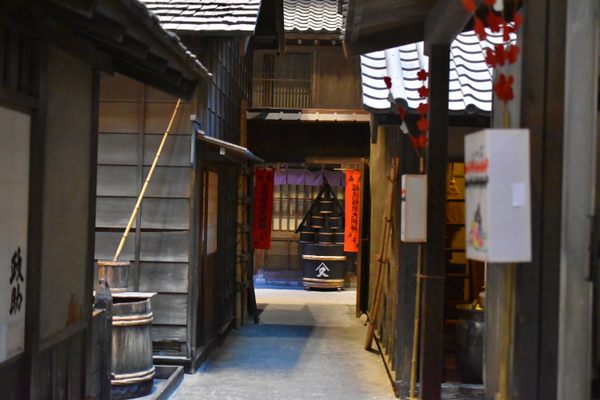About
In 1646, St. Mary’s Church, in the town of Battle, spent "2 shillings and 6 pence"—an average day’s wage for a skilled tradesman—on Guy Fawkes Night, marking the earliest record of such celebrations in Battle. Guy Fawkes Night, also known as Bonfire Night, is a traditional British celebration that takes place annually on November 5. The night marks the thwarted Gunpowder Plot of 1605, in which a group of Catholic conspirators planned to blow up the Houses of Parliament, and King James inside.
Across the United Kingdom, one of the most notable customs of Bonfire Night is the creation and burning of "Guys," effigies of Guy Fawkes, the most famous member of the Gunpowder Plot. In Battle, like much of Sussex, this tradition has a unique twist.
For many decades, instead of burning the entire effigy, Battle beheaded their Guy, setting the body on fire while keeping the severed head for the following year. The head, made of pear wood from Battle Abbey and embellished with the infamous appearance of Guy Fawkes, is believed to have been crafted in 1795, making Battle’s Guy, or at least his head, the oldest Guy in existence.
The tradition of beheading and burning the body of the Guy ceased by the 1940s after locals could not bear burning the new outfit the Guy had been dressed in. Despite this, the historic effigy has continued to serve a central role in Battle’s yearly celebrations, each Bonfire Night, it is paraded up and down the town's high street for all to see as another, less admired, effigy is cast into the flames.
Afterward, the Guy is handed over to a local undertaker to recover (be cleaned and dried) before returning to the Battle Museum of Local History to display for another year.
Related Tags
Published
June 18, 2024






















